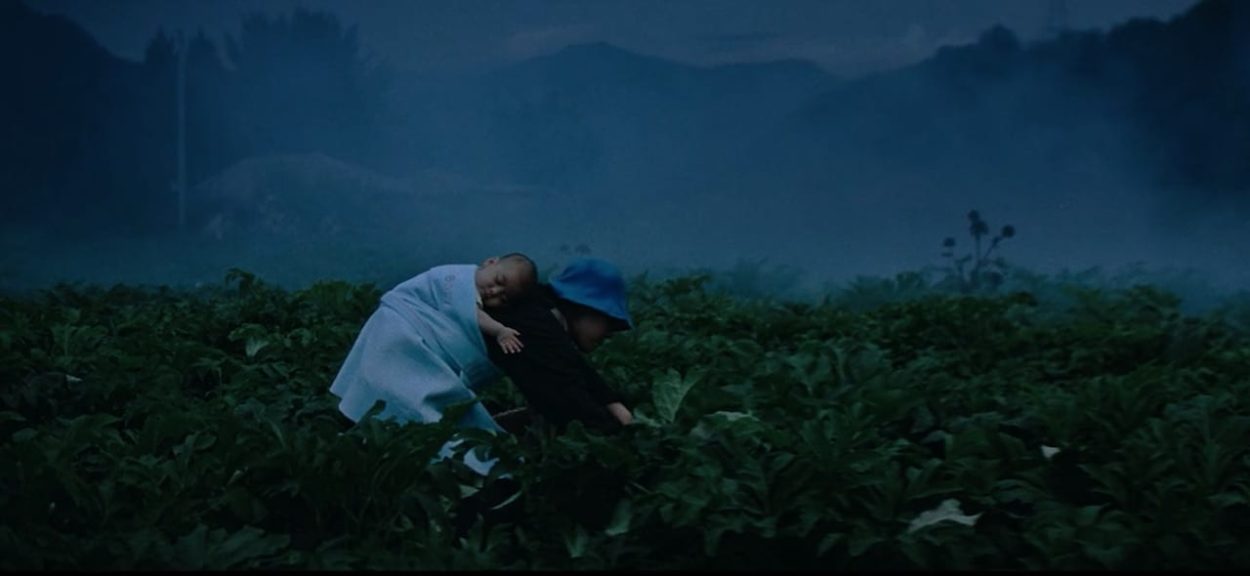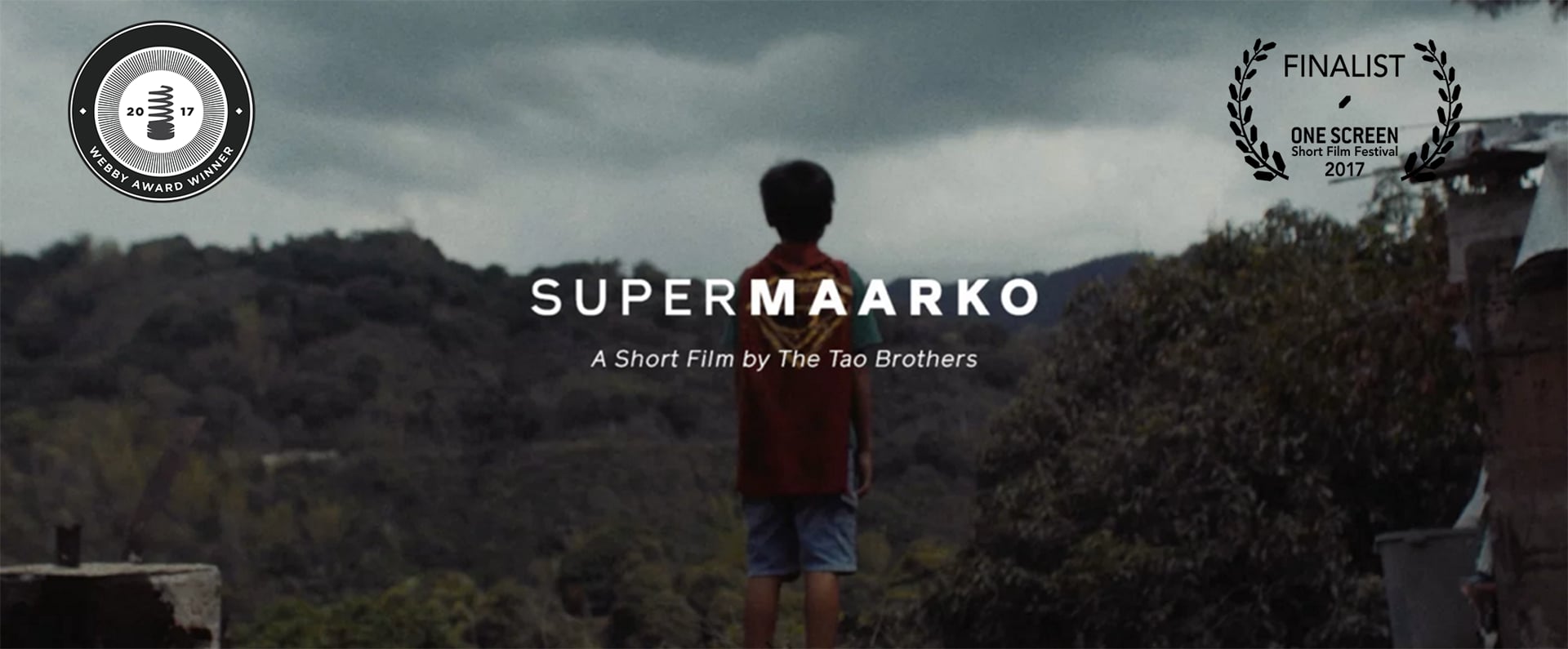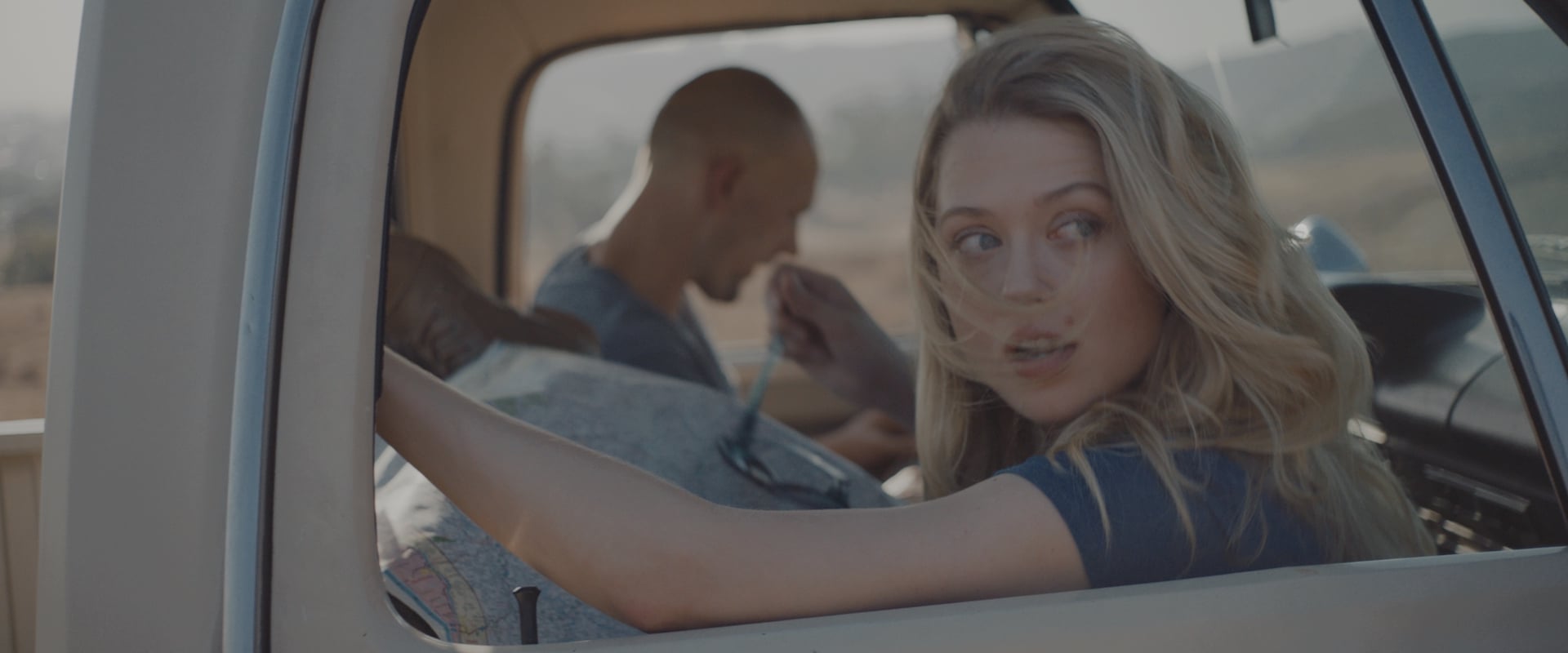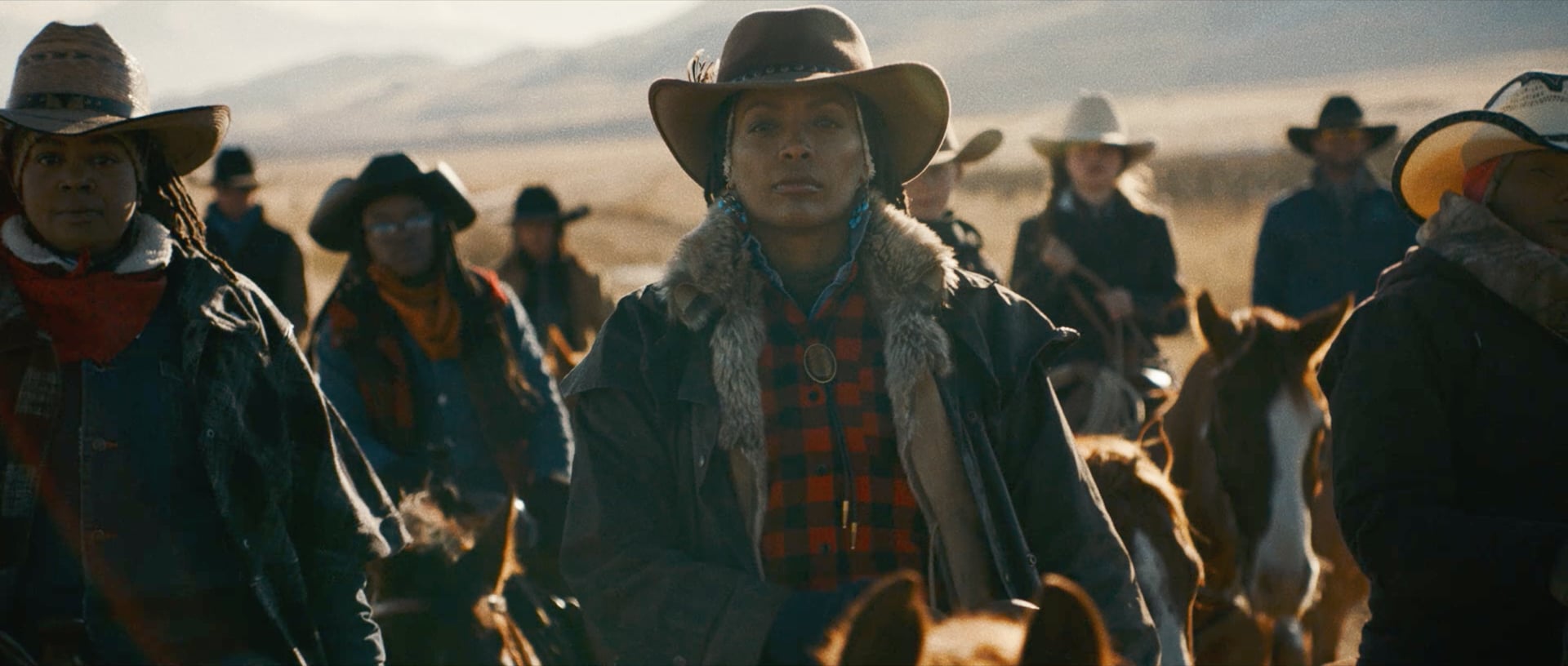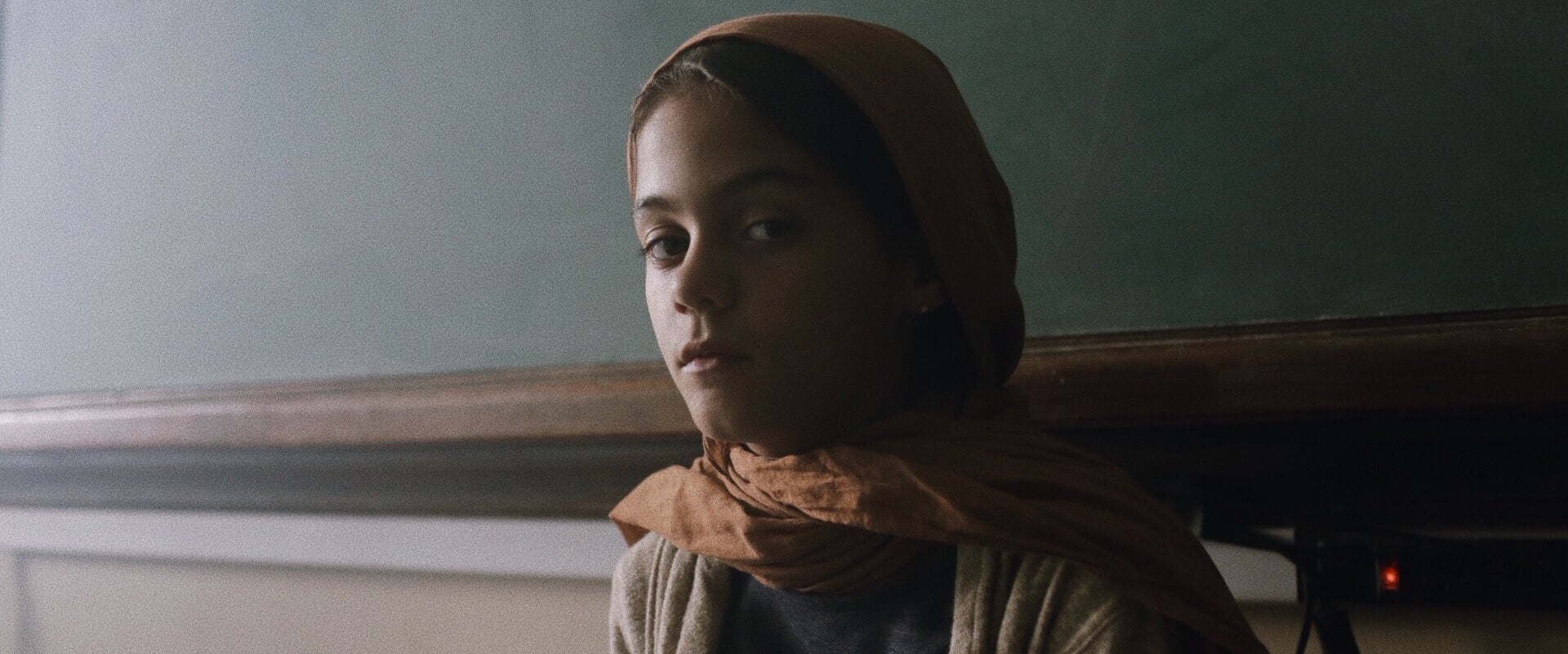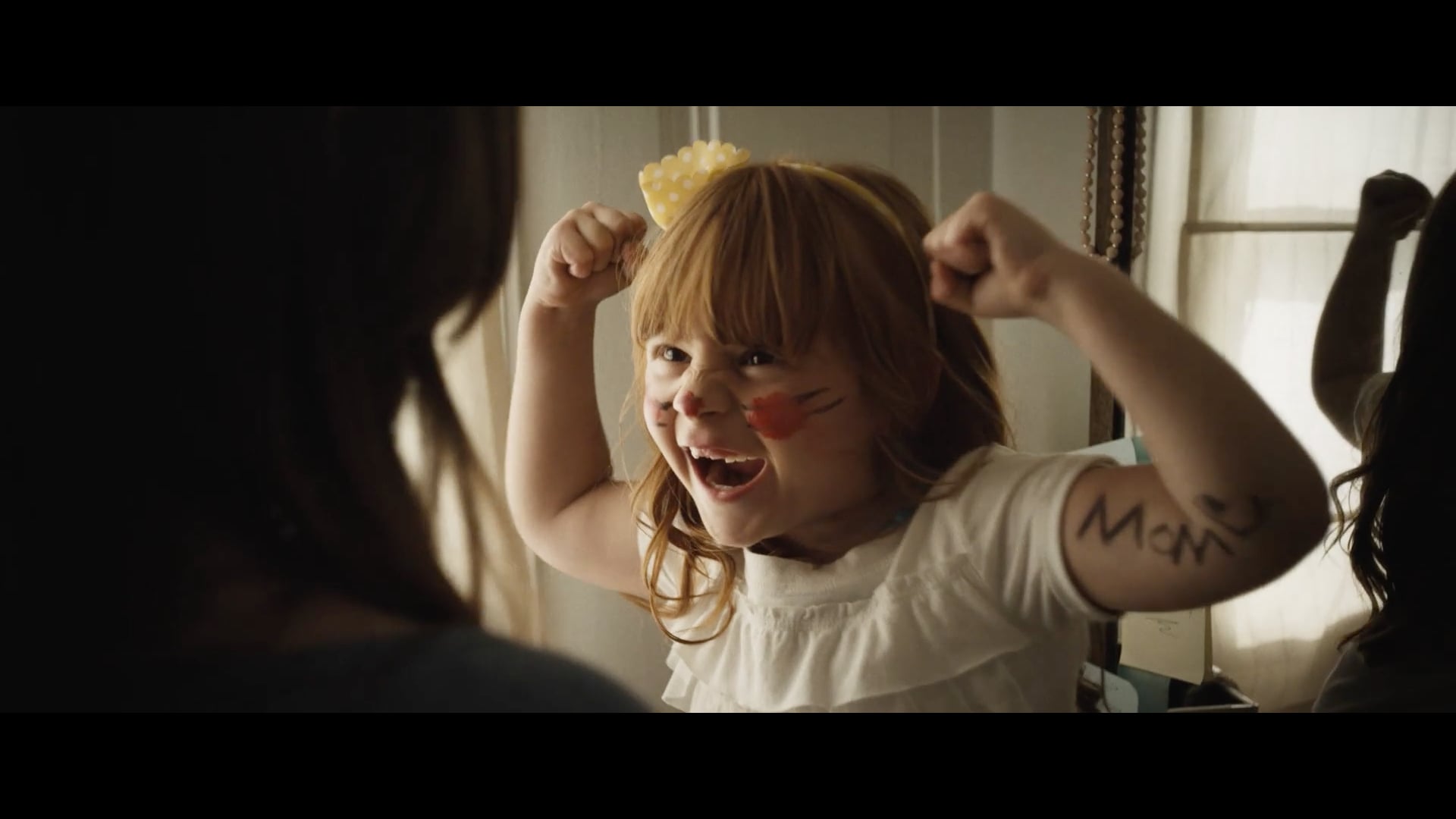The short back story please on where you grew up, what you were obsessed with as kids? Did you grow up in a creative environment?
Our parents are divorced so we grew up mainly with our mom in Orange County, CA. She was a single parent with three kids – it wasn’t easy so she bounced around from place to place. We rarely stayed in one spot for more than a few years. Our mom was pretty strict so she limited our screen time, but she enrolled us into sports and other extracurricular activities like violin, trumpet, basketball, and gymnastics. Whenever we did go to our dad’s place we’d just binge on videogames and movies. So, we were pretty active and were both fascinated with films at a young age. We’d say that’s where our love for film initially developed – at our dad’s house.
As your name suggests you are twins – how do you differ from each other?
Winston’s the more serious one and Aaron’s the more lighthearted one – although those roles can change really quick! When we were growing up, Aaron was the more extroverted one and Winston was the more introverted, but that changed when we got older. We’re both more on the introverted side with our personalities now.
Physically though, we try to make it easy on people. Winston keeps his head shaved and has a bunch of tattoos, and Aaron keeps his hair long in a ponytail and saves his money to take his wife out on dates. It’s pretty amazing how some people still can’t tell us apart even with that, but I guess that’s our job as twins – to confuse people.
How does your partnership work within the creative process? Do you both work on ideas and narratives together and do you take turns at being lead director or do you work side-by-side?
This has definitely evolved as the years have gone by. We both started off in front of the camera, acting, and then Winston studied directing at Chapman Film School while Aaron studied screenwriting and cinematography at UCLA. So, when it comes to directing actors, we’re both very comfortable and will frequently switch off communicating with them depending on who’s doing what at the time. More often than not, as soon as a take is over, we’re both thinking the exact same thing as far as direction-wise for talent and any adjustments we’d like to make. We’ll discuss them briefly and then one of us will communicate that to the actor while the other one talks to camera or production design or anything else needing attention. So, our directing is very symbiotic – it’s not one person doing something more than the other one because we’re constantly bouncing off each other.
The writing process is a little different. Over the years, we’ve realized that we can’t write the same script at the same time because nothing will get written! We’d argue over something for hours and end up talking each other out of the other person’s ideas. So, what we do now is actually take the seed idea and both go off and write whatever it is we’re feeling – so, two different scripts for the same idea.
Most of the time they’re very different from the other person’s. But it gives us the freedom to get whatever it is we’re feeling on paper, no matter how stupid it is. We’ll then read each other’s and point out what’s working and what’s not and then take each other’s and revise each other’s scripts. We’ll continue to do that until we feel like one is stronger than the other. Then, we’ll take the stronger one and just work off that one. It’s very efficient for us because we’re both constantly writing and just spilling our feelings on paper without reservation.
How do you resolve any differences of opinion?
We actually don’t have a lot of differences of opinions. But, if we do, normally any strong difference of opinions will be settled by a “2 out of 3” rule for us. For example, if our DP or creative producer has a strong feeling where we’re both on the fence about it – we’ll go with whoever has that other creative on his side. It allows us to be more objective and usually the DP or other creative has an interesting/unique perspective that we didn’t think about or consider before. We used to take it personally – now, we’re able to resolve our differences really quickly.
What experiences influenced your desire to tell stories based on social issues?
For Winston, it was seeing “Crash” for the first time. It made him think for the next couple days about race and how our attitudes/thoughts – be it negative or positive – affect the lives of those around us and how powerful film could be in shedding light on these issues.
Also, personally, our mom has schizo-affective bipolar disorder, so growing up with that illness in our family most definitely played a part in how we see the world with social issues and has spurred on a desire to help bring awareness when we can to these types of issues. One of the most frustrating aspects of living with a mom who has mental illness is the fact that there’s no easy fix –it’s not so black and white. There’s a grey area where there’s a lot of questions we wrestle with as a family. It’s this grey area that we’re drawn to as we examine social issues within our films and is what propels us to dig as deep as we can into every story. As much as we can, we try to bring out the complexities these issues entail and humanize the characters within our films.
There’s a documentary feel to much of your work, how do you go about researching the topics especially those based on actual events – do you develop your scripts and storyboards from interviews?
Research is a very crucial factor to our creative process. Initially, we’ll go through a bunch of different case files and will read through them over and over, making notes of the different stories and which ones stick out to us. If there are elements within the stories that we know are crucial for story development, we’ll do further research on that – making calls, taking meetings, reading articles, whatever we can get our hands on. We’ll then start constructing a narrative story out of some of these details and write our scripts from there.
We’ll try and focus on developing certain details into strong relational moments. For instance, in “Sleep Well, My Baby,” there was one woman who really did escape her captor by jumping off her moped in order to get her hat that blew off her head. Even though that moment was so strong, it wasn’t connected to anything relationally. She just had an, “I’ve had it moment.” To make it work for a film, we knew we had to tie it in relationally, so we connected her hat to her baby. When she loses her hat, it’s as if she’s losing her baby all over again.
For “SuperMaarko” we knew we had to tie in what Maarko wants personally (to be like his idol, Superman, and protect his sister) and juxtapose that with what he’s forced to do to her. We knew that we had to take a different spin on cyber-sex trafficking and not make it a typical “kid gets trafficked” sort of film. We read about a little boy being forced to sexually assault his nine year old sister in one of the case files, which is absolutely heartbreaking. But right when we read that we knew we had to somehow make their relationship so strong in the beginning and then throw that curveball in there to show that it’s just a very difficult and traumatic situation – because these stories are complicated and delicate and need to be handled in the same manner.
So, overall, there’s really no set way for when we begin. We’ll just keep searching and digging for that right seed idea. Once that idea is settled upon though, then we’ll start writing individual beat points in final draft – focusing on building stakes and relationships – and then we’ll write individual scripts separately and show each other. We’ll then combine our scripts into one script once we’ve settled upon the story direction and keep honing and crafting from there.
Your work has become increasingly cinematic and sophisticated in terms of filmmaking and storytelling – have you both learnt the craft on the job? Have you had mentors advising you? Even film school perhaps?
We both learned the majority of what we know about story through our individual film schools – Chapman and UCLA. Chapman really gave us a great foundation for story and what we learned at UCLA for screenwriting really continued to push and foster our storytelling craft.
Also, we’ve spent – and still spend – a lot of time breaking down other film and TV scripts and just mulling them over and over. For writing, there was one season of our lives where we broke down the first season of Friday night lights. We’d watch the show, then pause it and literally write down everything in final draft – what we’re seeing, feeling, everything. We’d do this just to understand the flow of the script, the building of relationships, the developing of characters – so, doing that for a season really deepened our understanding of how the writers approached story.
A lot of our writing is also influenced by what we learned initially in acting as well. Because we started off in front of the camera as actors for a few years, we already knew what makes a good scene acting-wise and what we look for in our actors, so that really has played a big factor in our directing choices. We’re discovering more and more that we’re actor’s directors because of our experience, and performances are always the most important factor in telling our story.
Is it your intention to work and film both out of America and Asia? Two completely different cultures, do you feel torn between them or is it a comfortable fit to be part of Eastern and Western cultures? And how does this reflect in your work?
We’d love to work both domestically in the US as well as internationally. It doesn’t have to specifically be in Asia as we’re drawn to work in Europe as well. So, there’s no feeling of being torn work-wise. To us, we love the different variety international work has to offer and we also love to travel. Working all over the world is a dream to us.
Where do you call home? And where do you work out of?
Both of us live in Los Angeles – specifically in Glendale. There’s the Glendale library that we like to go to for work, or Capital One café at the Americana works great too. Otherwise, we’ll just work in our individual apartments.
Will you continue making short films or is there a greater plan to work in, say, commercials or longer format?
Yeah, we have a desire to work in both short and long form. We have a feature script we’re currently working on that we feel really good about and we also just picked up US and international commercial representation so we’re moving forward in the commercial space as well.
What are you currently working on?
Currently, we just finished another project for LiNK, Liberty in North Korea (the one we did Sleep Well, My Baby for) that we’re extremely excited about. We took a very different direction with our filmmaking that we’ve always wanted to try, and had a blast making it. There was a lot of moving pieces to this one, and the story is really unique. We just finished production in Nashville, TN on it and we’re in post right now.
Additionally, we’re working on a couple of features. We have a script we’re refining, and another one we’ve beated out that’s really personal to us. We also have a couple of short form passion projects we’ve written treatments for that we’d like to get off the ground once we come up for air as well. We like to keep ourselves busy with preparing for our next passion projects if nothing is on the horizon work-wise, even if that’s just writing or making treatments for them.
LINKS
UK Rep: You Are Here
